Americans’ Changing Lives (ACL)
The Americans’ Changing Lives Study (ACL) is the longest, ongoing national study to clarify how our neighborhoods, work, and social connections affect our health throughout adulthood. The study began in 1986 with a national face-to-face survey of 3617 adults. Since then, we have interviewed ACL participants in 1989, 1994, 2001, and 2011. With this 25 years of information, researchers have provided policy makers and the public with important information about the aspects of our social lives that impact our healthy aging.
For more information about ACL Waves 1 through 5 and to access the survey data, please visit the University of Michigan Intra-University Consortium for Political and Social Research: https://www.icpsr.umich.edu/icpsrweb/NACDA/studies/4690
Information on Wave 6 for researchers will be available soon. Researchers can also visit the ACL website for study participants: https://acl.isr.umich.edu/
People
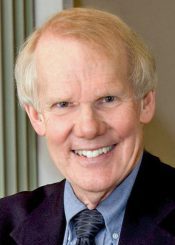
James S. House, PhD
Founding Director
More about James
Jim is the founding director of the Americans’ Changing Lives study and Professor Emeritus of Epidemiology, Sociology, Public Policy and of the Survey Research Center at the University of Michigan. Over his long research career, he has focused on social and psychological factors related to health and illness, such as work-related stress, social support, and health inequalities in aging. Using information from the ACL study, Jim has written a book on the importance of focusing on social and economic policies to promote healthy aging.
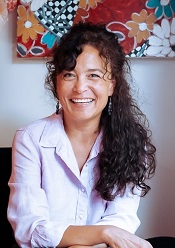
Margaret Hicken, PhD
ACL6 Director
More about Margaret
Maggie is an epidemiologist who has made substantial contributions to our understanding of the sources of racial health inequalities. Much of her work has been on the role of environmental hazards such as air pollution and heavy metals such as lead. Furthermore, through her research, we have a clearer understanding of the vulnerability that socially disadvantaged groups experience to environmental hazards. By adding information from the 2019 ACL interviews along with the home visits, Maggie will study how our neighborhood context over the course of our adult lives can impact healthy aging. In particular, she will examine how neighborhood context can change certain small molecules that attach to DNA (a field of study call “epigenetics”). In other words, with the help of ACL, she will examine how our neighborhoods can change the molecules in our bodies!
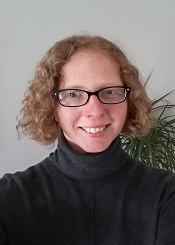
Megan Chenoweth, MLS
Data Manager, ACL-6 Study Manager
More about Megan
Megan joined Americans’ Changing Lives in wave 6 as the study coordinator. Now she is working on cleaning, documenting, and protecting the data we received in wave six, so that researchers can use it and our participants’ privacy is protected. Megan enjoys working with data and also manages the National Neighborhood Data Archive at ISR. She spends her free time reading, baking, volunteering, and caring for her eight-year-old son.
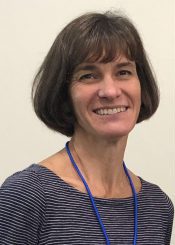
Philippa Clarke, PhD
Investigator, Neighborhood Context
More about Philippa
Philippa is a gerontologist with extensive experience investigating the ways in which neighborhood context can promote or inhibit healthy aging. In particular, she has clarified how disabilities are not simply a state of the person, but rather a reflection of the environment. In other words, our environments (like the state of our sidewalks, how safe our neighborhoods are) are a large part of whether we are “able” to conduct our daily lives as we age. Furthermore, she has used the information from ACL to show the importance of our social connections and outlook on life are to our aging process.
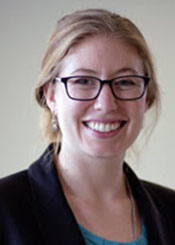
Kelly Bakulski, PhD
Investigator, Epigenetics
More about Kelly
Kelly is an epidemiologist with substantial expertise in epigenetics. Her research looks at the environmental and genetic causes of neurological disorders such as autism spectrum disorder and Alzheimer’s Disease. She will be taking the epigenetic information that ACL participants provide and creating the measures of “epigenetic patterns”. The research team will take this information and link it to the neighborhood and interview information to examine how neighborhoods affect the epigenetic molecules in our bodies.
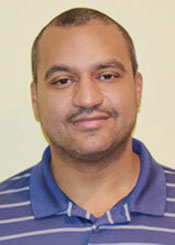
Robert Melendez, MS
Geospatial Data Specialist
More about Robert
Robert is a data analyst who has expertise in the data we use in order to understand neighborhood context. For example, he takes all of the data from the US Census to create measures of neighborhood poverty, affluence, and segregation. He has worked with ACL for many years and contributed to our understanding of neighborhoods and health. Robert will be taking information from the US Environmental Protection Agency (EPA) to create measures of neighborhood industrial and agricultural pollution so that our team can understand how this pollution changes our epigenetics.

